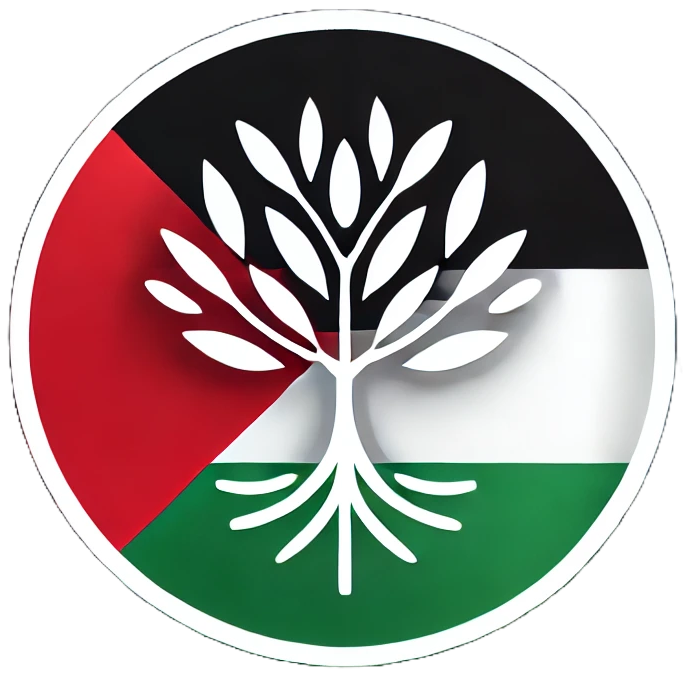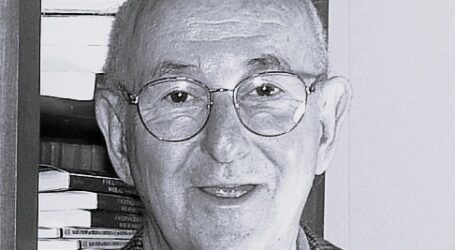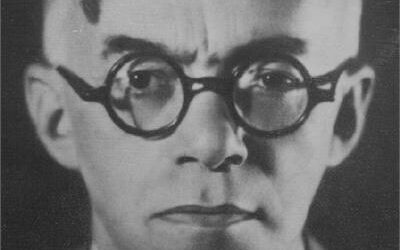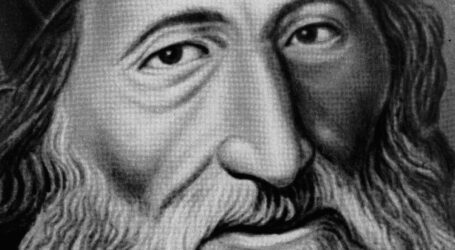Max Nordau: Biography
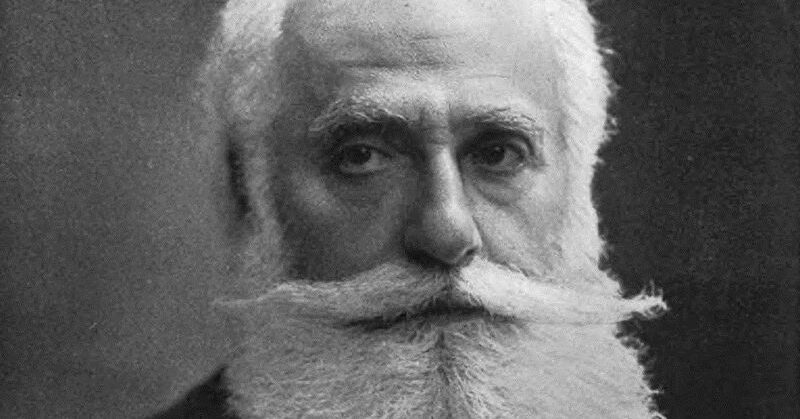
Max Nordau
Born: July 29, 1849, Budapest;
Died: Jan 23, 1923, Paris
Max Nordau was a doctor, writer, and Zionist leader. Nordau was born on July 29, 1849 the son of a Sephardic Jewish Orthodox Rabbi. He moved away from Jewish culture as an adult and embraced Jewish assimilation and was a devoted follower of naturalism. He began his professional career as a writer and worked from Berlin, Vienna, and Buenos Aires. Nordau changed his career instead, deciding to study medicine and eventually opened up a practice in Paris. He later gained prominence as a social critic in which he attacked nihilism and egotism of his time. Nordau developed a utilitarian philosophy of “human solidarity” that each person can best serve their own interests by considering other people and working to improve humanity as a whole. One of Nordau’s works titled Degeneration launched a vicious attack on the trends in European art and literature.
Though Max Nordau moved away from the Jewish religion and culture instead opting to embrace Jewish assimilation. He soon began his conversion to Zionism much like Theodor Herzl during a tide of rising antisemitism in Europe which included the Dreyfus Affair (French scandal falsely accusing a French military officer Alfred Dreyfus of giving secrets to the Germans). In the First Zionist Congress on August 29, 1897, Max Nordau says that Jewish emancipation in France was not the result from genuine brotherliness, on the contrary it was a calculation resulting from the philosophy of “Rousseau and the encyclopedists.” Jewish emancipation was based on the calculation that Jews were human beings, thus they deserved emancipation and human rights. It was not done out of brotherly love or fellow feeling by their own countrymen, but by logic of the “geometrical mode of thought of French rationalism in the 18th century.” Nordau also says that the Jewish Ghetto, whatever the intention of the people who created them, was a refuge for Jewish people. In the Ghetto, they themselves were surrounded by the Jewish community. It was a spiritual and moral value of a home. When Jews were emancipated there was a great feeling among Jews that now they were recognized as fully fledged citizens of their country. For the first time they were seen as “French” or “German.” Jews removed themselves from the Ghetto to join their new countrymen as full citizens. After 30 years however, antisemitism continued its rise and the Jews were without a refuge, they no longer had the ghetto that provided them with a physical and spiritual home. Nordau says “With his Jewish countrymen, he lost touch necessarily he feels that the world hates him and he sees no place where he can find warmth when he seeks for it. This is the moral Jewish misery which is more bitter than the physical, because it befalls men who are differently situated, prouder and possess the finer feelings.” With antisemitism working against them, Jews forget who they are and think of themselves the way that antisemites think of them. To Nordau, Zionism and the creation of a Jewish state was the only solution to these problems.
Max Nordau becomes Theodor Herzl’s second in command. He served as Vice President from the First to Sixth Zionists Congress, and became President after Herzl’s death. He was very loyal to Herzl and his ideology of Political Zionism. During the First Zionist Congress he drafted the Basel Plan, which followed Political Zionism’s goals as the creation of a Jewish state through international agreements. After Herzl died, He defended the Uganda Scheme in spite of his own misgivings; which was the plan put forth by British Colonial Secretary, Joseph Chamberlain for the establishment of a Jewish state in British-controlled East Africa. He rejected the Cultural Zionism of Ahad Ha’am and the Practical Zionism of Chaim Weizmann. In the Tenth Zionist Congress, Max Nordau stated that millions of Jews who lived in Eastern Europe and the Russian Empire were at risk and that Cultural Zionism would only hurt the immigration of millions of Jews to Israel. He also rejected the Practical Zionism of Chaim Weizmann because he believed that politics was more important than small gradual settlement efforts.
Though Zionist leaders rejected his mass migration proposals in favor of a gradual approach his idea of Muskeljudentum or Muscular Judaism lives on. Muscular Judaism, after the title of an article that he published in 1903, in which he argued that the Zionist should be healthy, fit, and strong. Nordau writes that:
“We must think of creating once again a Jewry of muscles…. In the narrow Jewish street our poor limbs soon forgot their gay movements; in the dimness of sunless houses our eyes began to blink shyly; the fear of constant persecution turned our powerful voices into frightened whispers, which rose in a crescendo only when our martyrs on the stakes cried out their dying prayers in the face of their executioners. But now, all coercion has become a memory of the past, and at last we are allowed space enough for our bodies to live again. Let us take up our oldest traditions; let us once more become deep-chested, sturdy, sharp-eyed men.”
Nordau argues against the idea of the “Old Jew” as being sickly, weak, inactive, and feeble in favor of the “New Jew” who was healthy, fit, bold, extroverted, and active which in Israel would become popularly known as the Sabra. This shows how Nordau rejects the Diaspora Jew in favor of the Israeli Jew.
Sources:
Max Nordau: First Zionist Congress Address
